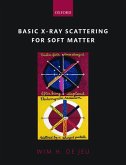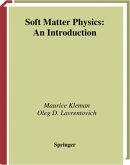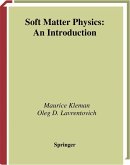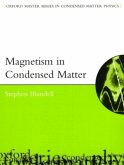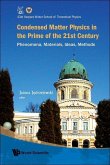Soft condensed matter is a relatively new topic. Condensed matter has typically referred to more traditional liquids, which have a long history of study, or to solids, which have focused more commonly on hard materials, driven in large measure by the importance of structural materials or the metals and semiconductors which drove the rapid evolution of microelectronics. It is only relatively recently, over the past 20 to 30 years, that soft condensed matter has
matured into its own identifiable field. However, the field is an amalgam of many subfields, and many of these have themselves much longer histories. This handbook serves as an overview of many of these topics. Because of the great breadth, it is impossible to include them all; nevertheless, the key
subjects of soft condensed matter are represented here. Together, they form both an introduction and an overview of the field. Each topic, and its representing Chapter, could have been a full size book - in fact, there are a number of such books on many of the topics covered in the handbook. Our aim here was to give a current snapshot of the field, identify the key principles at play and the most prominent (and promising) ways of its further development, provide essential references for anyone
to follow the subject, but not necessarily go into a lot of detail on each topic.
matured into its own identifiable field. However, the field is an amalgam of many subfields, and many of these have themselves much longer histories. This handbook serves as an overview of many of these topics. Because of the great breadth, it is impossible to include them all; nevertheless, the key
subjects of soft condensed matter are represented here. Together, they form both an introduction and an overview of the field. Each topic, and its representing Chapter, could have been a full size book - in fact, there are a number of such books on many of the topics covered in the handbook. Our aim here was to give a current snapshot of the field, identify the key principles at play and the most prominent (and promising) ways of its further development, provide essential references for anyone
to follow the subject, but not necessarily go into a lot of detail on each topic.



